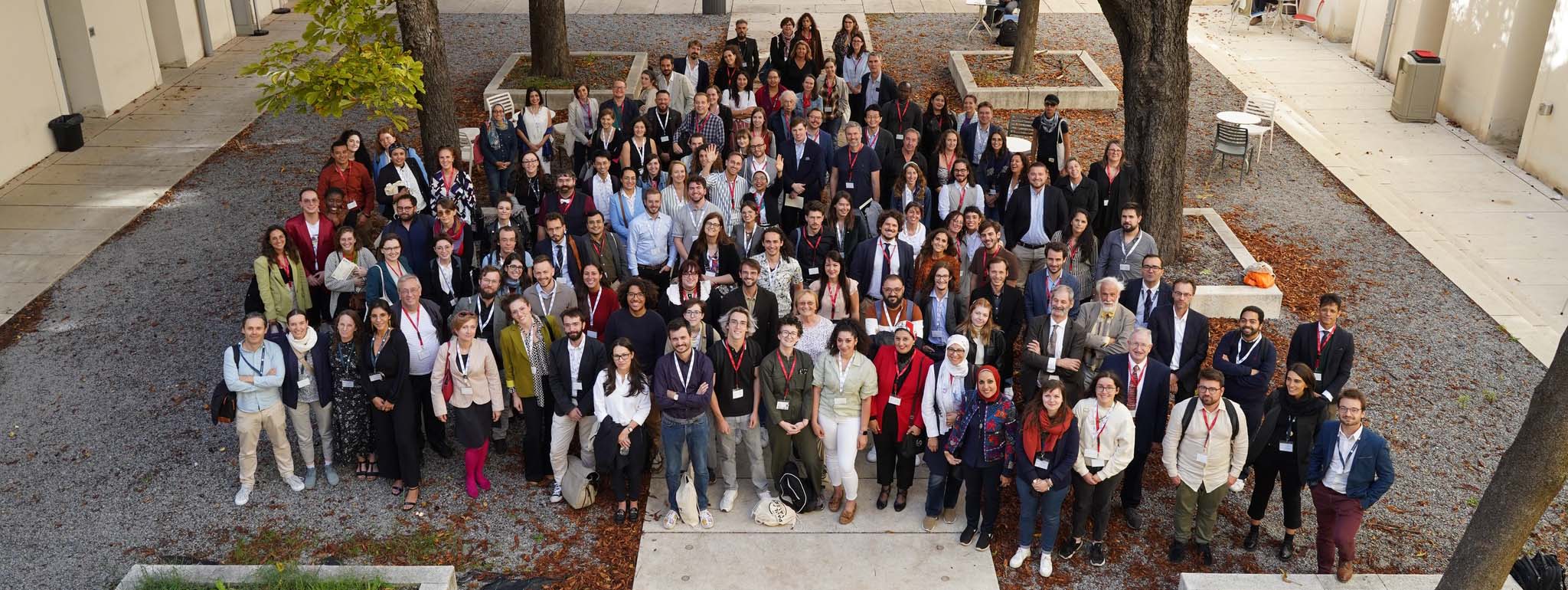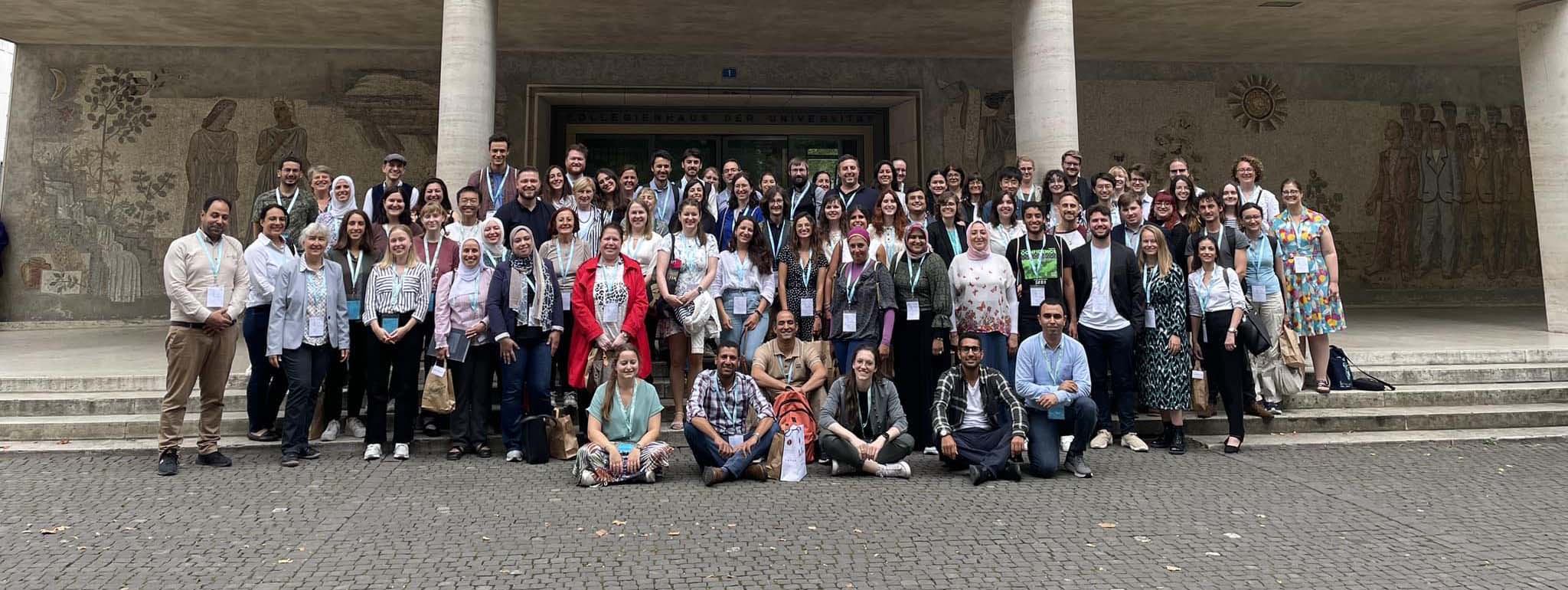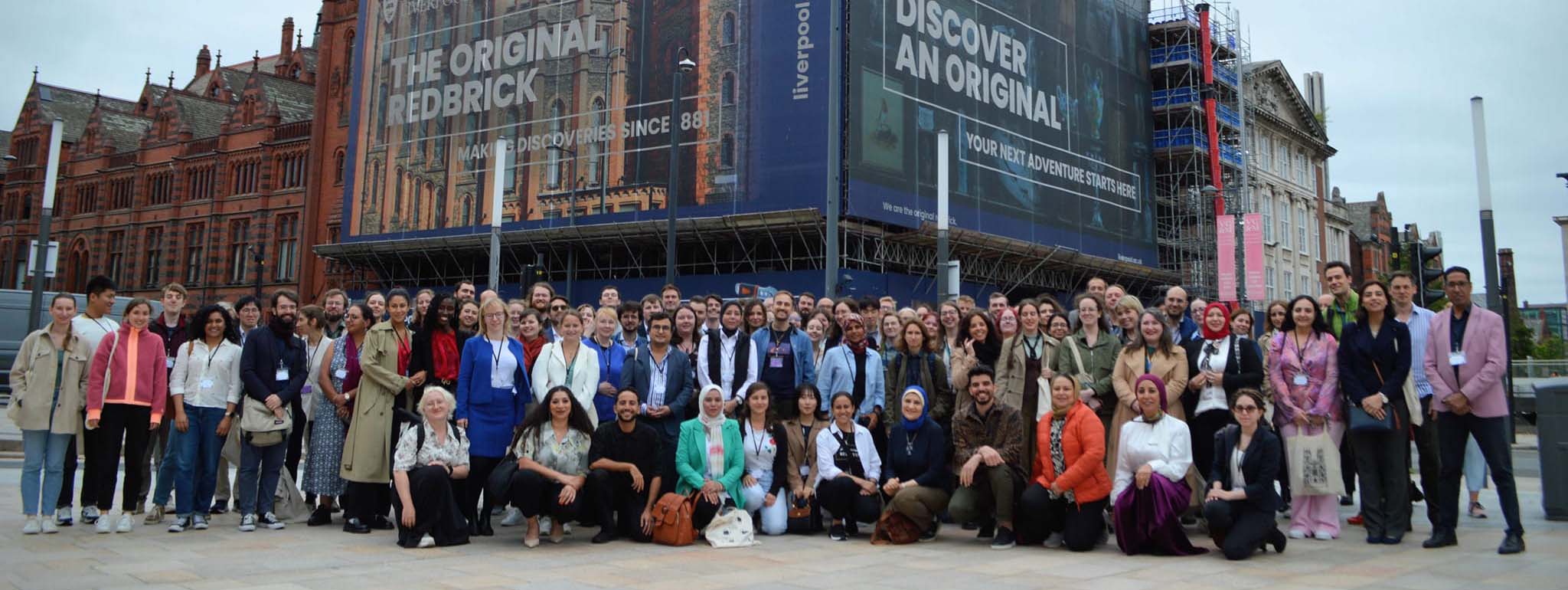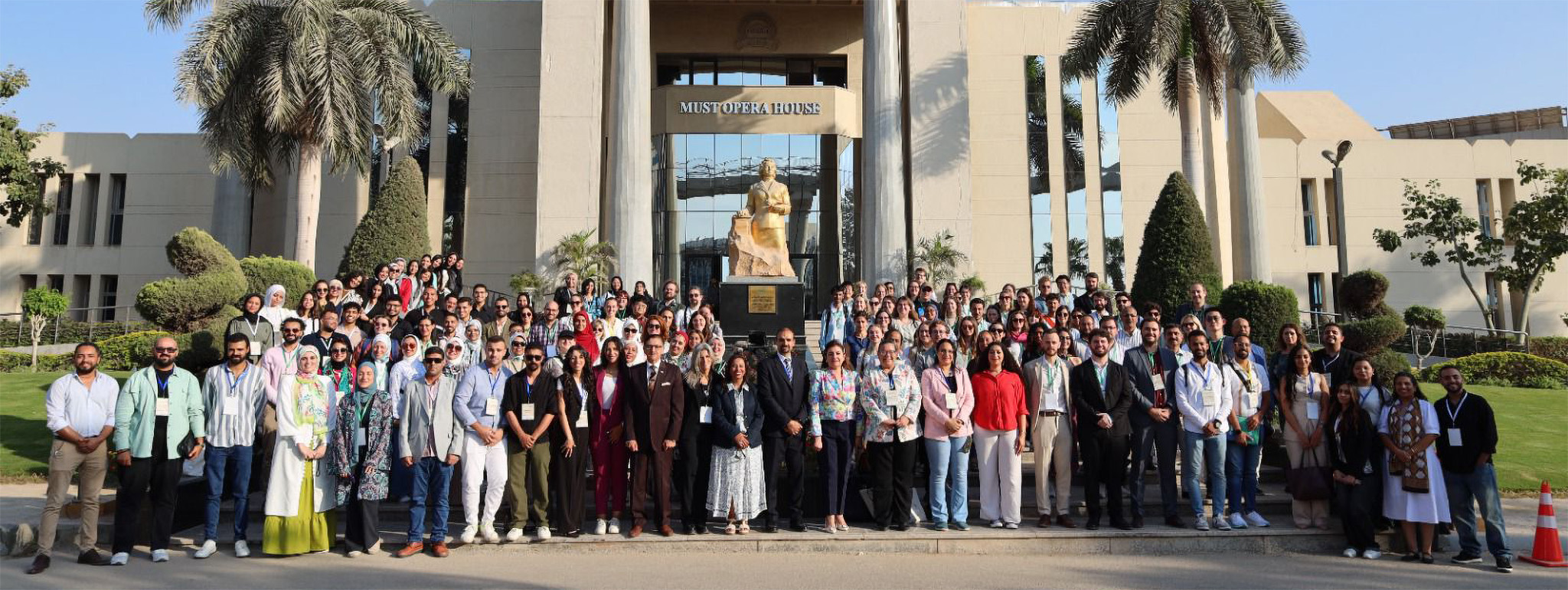A PDF of the CRE Statutory Guidelines can be found here (adopted at the CRE 25 Cairo AGM).
Current Research in Egyptology (CRE) is a conference for students and early-career scholars set up to facilitate research and promote bonds between universities worldwide who are conducting research in Egyptology, Nubiology, or any other related field of study.
The students at the University of Oxford originally established CRE in 2000. Since then, the conference quickly became an annual event typically hosted by major centers for Egyptological research in the UK. Hosts for the conferences have included University College London, University of Cambridge, University of Birmingham, University of Liverpool, and many others which can be seen here in the Previous CRE Conferences. Importantly for CRE, the 2010 conference saw the conference move outside of the UK for the first time, when it was hosted by the University of Leiden in the Netherlands. Since then, CRE has also been hosted by students from a range of different European universities. In 2025, on the 25th anniversary of CRE, the conference will be hosted in Egypt for the first time. Misr University for Science and Technology has been chosen to host CRE during this festive year!
Each conference brings something new and unique to the CRE organisation, and we hope that this will continue by ensuring that the conference continues to be held annually. CRE accepts all forms of academic research about Egypt, Sudan, and the surrounding Oases ranging from Prehistory to the Islamic Period. CRE is a conference for students and early-career scholars, but we encourage anyone with an interest in Egyptology, Egyptian Archaeology, or a simple fascination with Ancient Egypt and Sudan to attend as part of the audience!
Each conference is associated with a publication, a selection of submitted and peer-reviewed papers which reflects the nature and diversity of the current research within Egyptology and Egyptian Archaeology. Now published by Archaeopress, the publications are on sale at the conference and online. From 2018, the CRE proceedings will be published digitally with Archaeopress. CRE is set up in a democratic fashion. Any university wishing to host the conference can submit a proposal and a presentation during the Annual General Meeting (AGM). The vote of the assembly will then decide the winner after the presentations are completed. A committee representing the successful university will arrange the conference of the following year, while a permanent committee provides assistance and works on the long-term issues related to the conference. In order to allow a wider involvement of students in the CRE organisation, from 2009, each member can remain in the permanent committee for a total of two years, either in one or several positions.




